RoofTop Antiques Meets Antiques Roadshow Part IV

I have spent the last few days recapping our trip to Omaha and our experience at Antiques Roadshow. If you missed out, you can read the about the first 6 item appraisals here and here. You can also take a look at this post to read more about each item and why we decided to take it.
Today I can finally share with you a bit more about our collection of Civil War letters and the assessment we received at the Roadshow. We purchased the Civil War letters during a long, rainy auction back in April of 2014. The collection contains a total of 116 letters written from April 27, 1861 to July 23, 1865. They were written to one Elizabeth Lee from a total of 9 different men as they fought in the war. Some were written by siblings, cousins and other family members, but the majority of the letters are from a man named Jasper Newton Smith.
Jasper was a Union soldier, a member of the 53rd Regiment of the Indiana Infantry. Through his heavy handed script, he details his days as a soldier in the American Civil War. As he writes, he discusses battles, war strategy and specific moments and people made famous by the war. During what would later be called the Battle of Shiloh, Jasper talks about waiting for marching orders just up the river. He speaks of hearing cannons firing all day and having 40 rounds of cartridge drawn at the ready. After a later battle, Jasper pens, “It was hard to see our boys falling all around me but it could not be helped. The loss in our regiment is 13 killed dead on the field and 93 wounded.”
In the midst of bloodshed, life continues. Jasper uses his letters to court young Elizabeth Lee, who he marries in 1864 while home on leave. Shortly after their marriage, Elizabeth received a letter from Lieutenant Abraham Tegarden. He had been instructed to inform Elizabeth of Jasper’s capture by the rebels and his assumed death. Thankfully, we are reunited with Jasper’s words and the story of his survival one month later.
As an interesting side note, Tegarden was promoted to Sergeant before his death during battle just a short time later. My research also indicates that Abraham Tegarden was a Native American.
As you can imagine, it has been fascinating to read a personal account of the Civil War through the words of a soldier. Our crew has spent countless hours transcribing the letters word for word. We have researched the Civil War and compared Jasper’s account to the facts presented in history books. My co-worker Jessica and I spent a week scouring the internet for any and all information about Elizabeth Lee and Jasper Smith. We found a picture of each from later in their lives, and even went to visit the burial sites of many of their descendants.
At the Antiques Roadshow, we were sent to the Arms and Militaria line where we waited for the appraisal of our letters. When it was our turn to approach the table, we were greeted by Rafael Eledge, a Civil War relics expert from Savannah, Tennessee. Unfortunately, as we stepped up to present our letters, I heard Mr. Eledge ask a producer, “Will I be able to take a lunch break soon?” I almost said, “How about we come back in 30 minutes when you’re fed and focused?” but it didn’t feel like an option at that point. I laid our notebooks full of letters on the table in front of him, and began to summarize the story of the letters. He glanced through a few of the letters and was impressed by our care and transcription work. He also liked the doodles and sketches featured on some of the pages, as well as the war-specific stationery used for others.
I know that Rafael Eledge has seen countless letters from the Civil War in his day, but I wish he could have taken the time to read a few of ours. They are intriguing, full of information that I never knew and scenarios that I had never thought of. Many also contain lines of poetry written by Jasper himself about life on the move in a war-torn country. If we had been able to share and analyze the letters at a deeper level, I feel like the appraisal itself would have been more valuable. That being said, I am thankful for the time and valuation that we were given.
Mr. Eledge stated that “normal” letters written from a Civil War soldier to someone back home would be worth $50-75 apiece. He went on to say that a letter containing information about specific, famous battles or people (particularly General’s Lee and Grant) could be worth up to $1,000.
Paid: $70
Appraised Value: $8,700-11,600+ dependent upon the information contained within each letter
I do still have one final appraisal to share with you tomorrow, and it was (by far) the most exciting moment of our day at Antiques Roadshow. I welcome you to check-in tomorrow for more details. For now, I leave you with a special treat. The following is a song written in a letter by Mr. Jasper Newton Smith. We are still trying to determine if this song was originally written by our Jasper, or if it was a song commonly sung by members of the Union. As far as we know, this is a Jasper original. This has been typed word for word, so all of the misspellings are pure Jasper.
The Veterans Song
(1) The veterans are coming all hail the glad news,
When Jeff Davis hears it he'll die of the blues,
For the veterans Souldiers who kills when he Shoots
Is worth half a dozen of those raw recruits
(Chorus)
(2) The veterans are coming up with the flag,
It will tire old Grant it will weary old brag,
For fighting with veterans he knows is no fun
And rather than fight he is willing to run.
(3) The glorious northwest will answer the call
With rations for traitors of power and ball
All hail to the veterans undanted and brave
Will plant the old flag on the last rebel grave
(4) Ohio, Iowa, with famed Illinois
Missouri and Kansas Sent up there brave boys
Minnesota, Wisconsin, Indiana came too
Then up with the banner the red white and blue
(5) Then rally ye veterans loyal and true
The men of all nations are gazing on you
Admiring the patriots fearless and bold
Who hurl the traitors from every Strong hold
(6) Jeff Davis declares there is hope for the South
He knew that he lied when the word left his mouth
She is crippled in credit and crippled in purse
And before we get through we will cripple her worse
(7) Some rebels are brave but we think it too bad
That the bravest and best of the traitors are mad
And our veterans all think that the rebels are fools
To wear out there teeth by eating tough mules
(8) Success to the veterans the pride of our land
If you are a veteran give me your hand
When we meete the vile traitors weell give them a hitch
And dye every butternut in the last ditch
(9) **** when we go home we will take for out text
Resolved that we clean out the Butternuts next
The white livered plotroons where wer they be
Are not fit to live in the land of the free
(10) Then up with the banner of glory and fame
Away with the coward who thinks it a Shame
The flag of Columbia the pride of the Seas
To hear it victorious in battle or breeze
(11) In less than twelve months of marching and toil
We will drive every traitor from libertys Soil
And then to our homes we will proudly return
To comfort the girls we left there to mourn
(12) When the veterans return to home and its charms
There Sweete harts will meete them with wide open arms
Each bachelor then can procure him a wife
And live in Sweete union the rest of his life
Jasper N. Smith of Company K 53rd Ridgement of Indiana Veterans Volunteers Clifton Tenn
UPDATE:
You can read this post detailing the most exciting moment of our time spent at Antiques Roadshow. I like to call it the "that time we almost made it on TV but they didn't want us to get arrested" story.
You can also read what we learned from our trip to Antiques Roadshow in this post.
1 Response
Leave a comment
Also in View from the RoofTop
Transformation Tuesday - Wall Decor Letters
A New Perspective for Today: An Eloquent Monkey
Frankly, I am not fond of monkeys. They affect me the way spiders and snakes affect other people. The flying monkeys in “The Wizard of Oz” and the rogue monkeys in Robin Williams’s “Jumanji” were menacing to me, and I closed my eyes so I wouldn’t have to see them.
One Day, One Mall, and Four Booths
We headed to Columbia on Saturday morning to meet a new online acquaintance for a furniture trade. I didn't realize it at the time, but the Willett Mid-Century Modern end table she placed in our hands would become the centerpiece for a collection of untold treasures.



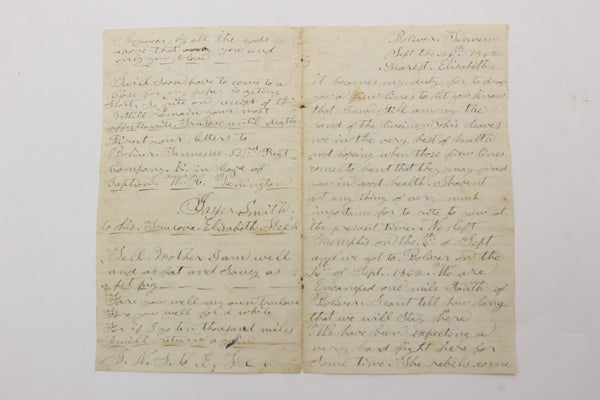
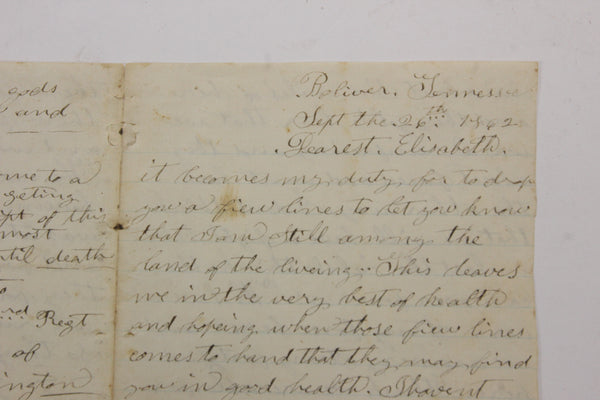
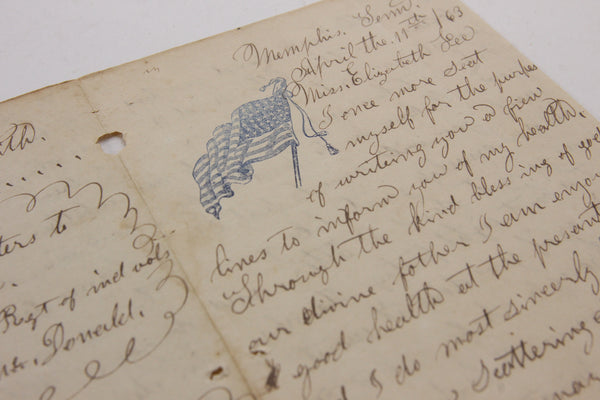
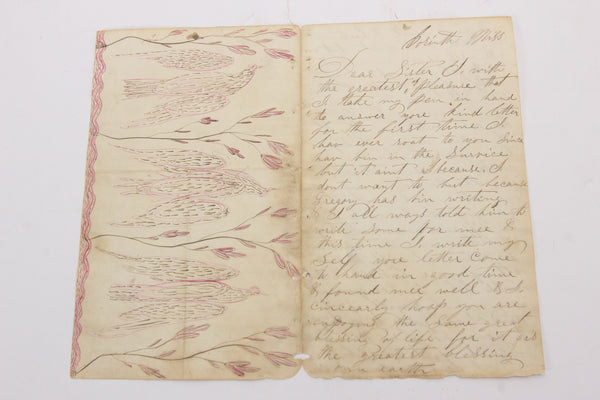
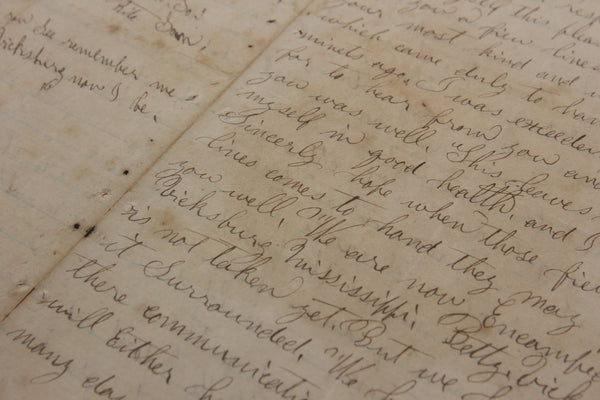
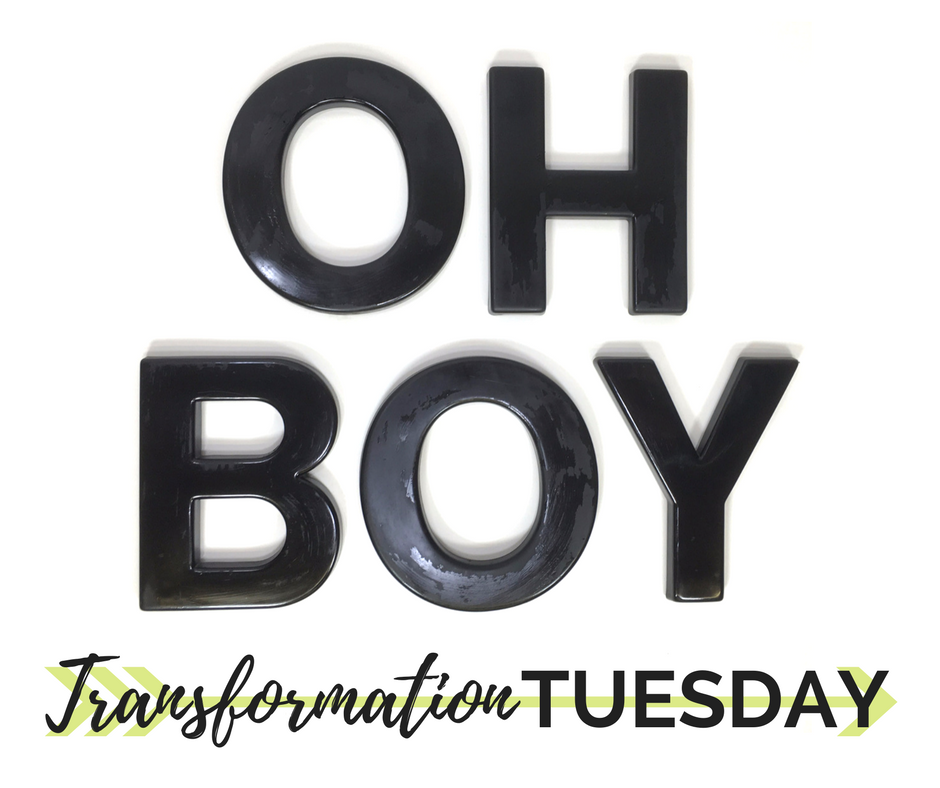
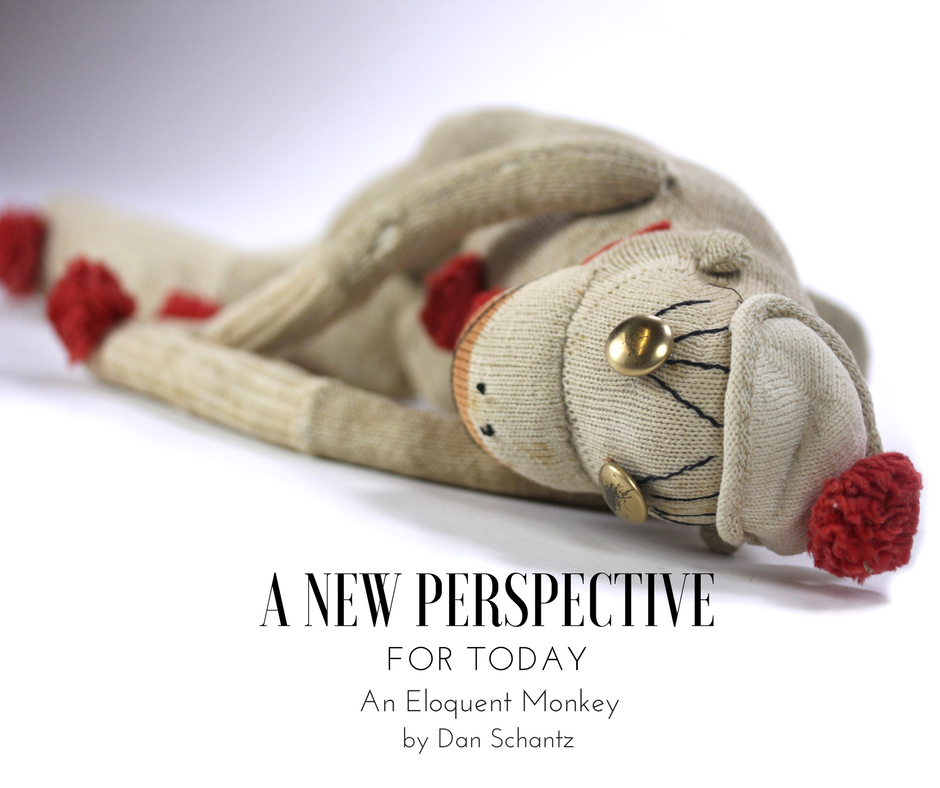

StigepSer
May 31, 2021
cheapest levitra 20mg